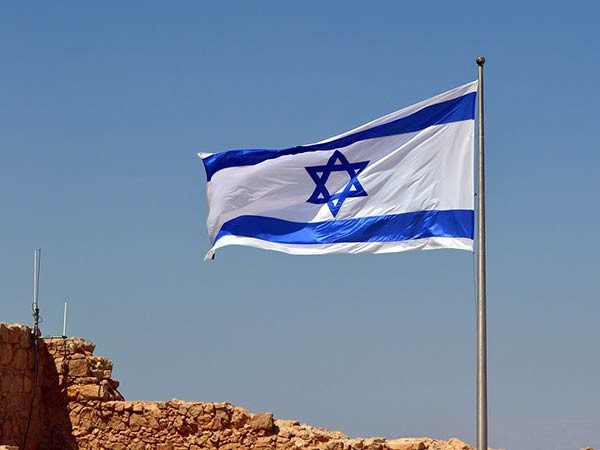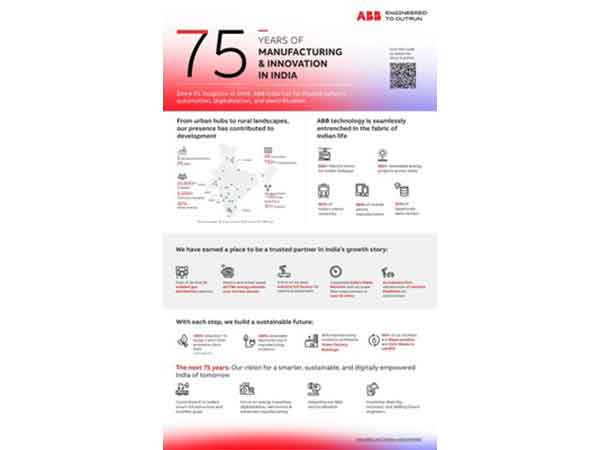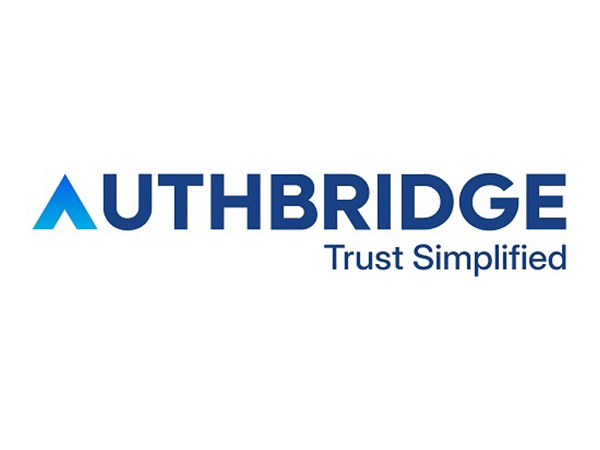Iran attack on Israel: Iran spent 1, Israel spent 10 times more to intercept?
Apr 15, 2024
Jerusalem [Israel], April 15: Israel claimed to have stopped almost all of Iran's missile and drone attacks on April 14, but at a high price.
Brigadier General Reem Aminoach, former financial advisor to the Israeli army chief of staff , on April 14 told Ynet News that the total cost of interceptor missiles, aircraft fuel and other military equipment that Israel used to preventing Iran 's attack is about 4-5 billion shekels (about 1.06 - 1.33 billion USD).
This estimate only includes direct Israeli losses, not counting the weapons the US and its allies used to help Israel intercept.
Mr. Aminoach said that interceptor missiles for air defense systems such as Arrow and David's Sling cost about 3.5 million USD and 1 million USD each. Fighter sorties also account for most of the costs.
He said that the above losses were much more costly than the number of weapons Iran used to attack. "The attack cost Iran less than 10% of our defense costs. In the future, in the next one to five years, they could carry out 50 such attacks," Mr. Aminoach warned.
Israeli military spokesman Daniel Hagari announced that he had intercepted 99% of more than 300 Iranian missiles and UAVs . Several ballistic missiles bypassed defense systems, causing minor damage to infrastructure at Nevatim Air Base. A little girl was injured by debris from a rocket.
US Central Command (CENTCOM), with support from US European Command destroyers, destroyed more than 80 UAVs and at least 6 ballistic missiles launched from Iran and Yemen towards Israel.
According to CENTCOM's April 15 announcement, a ballistic missile and 7 of them were destroyed in a Houthi-controlled area in Yemen before they were even launched.
Britain, France and Jordan are also said to be involved in supporting Israel.
Source: Thanh Nien Newspaper








